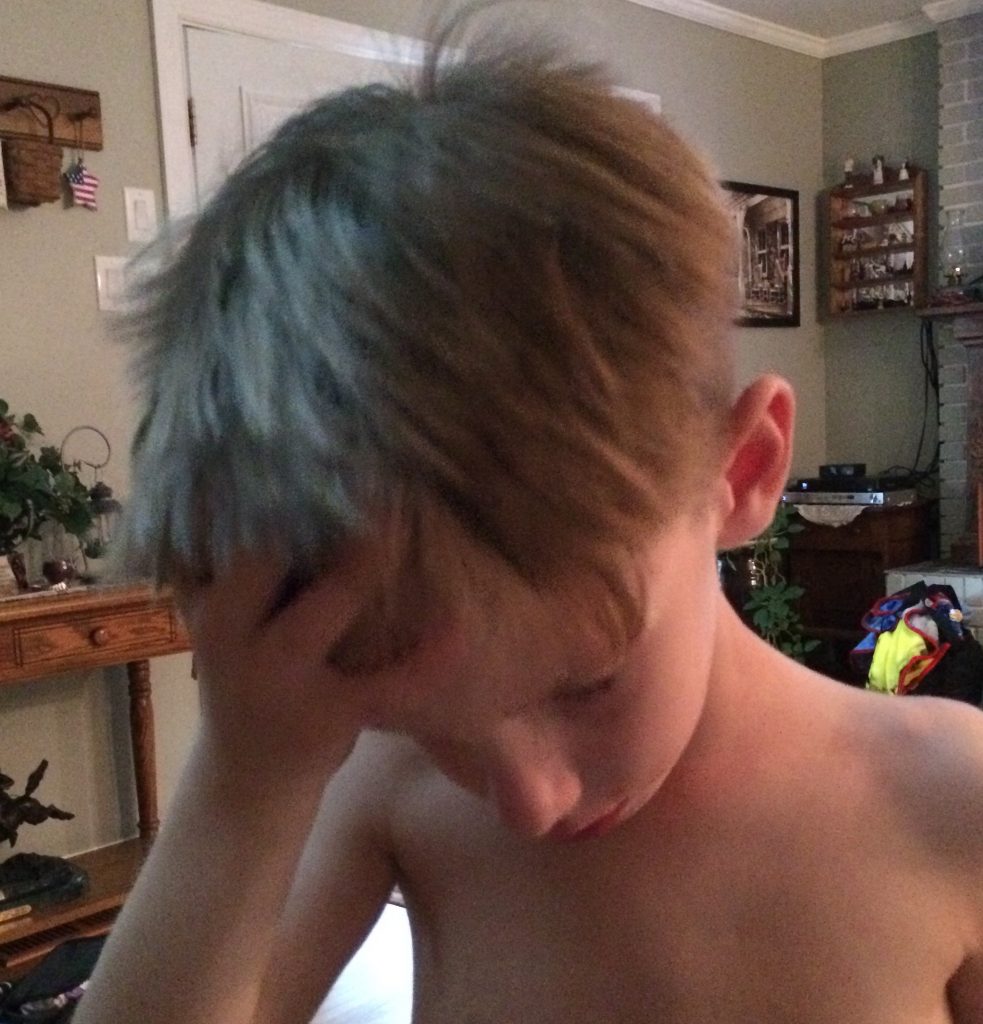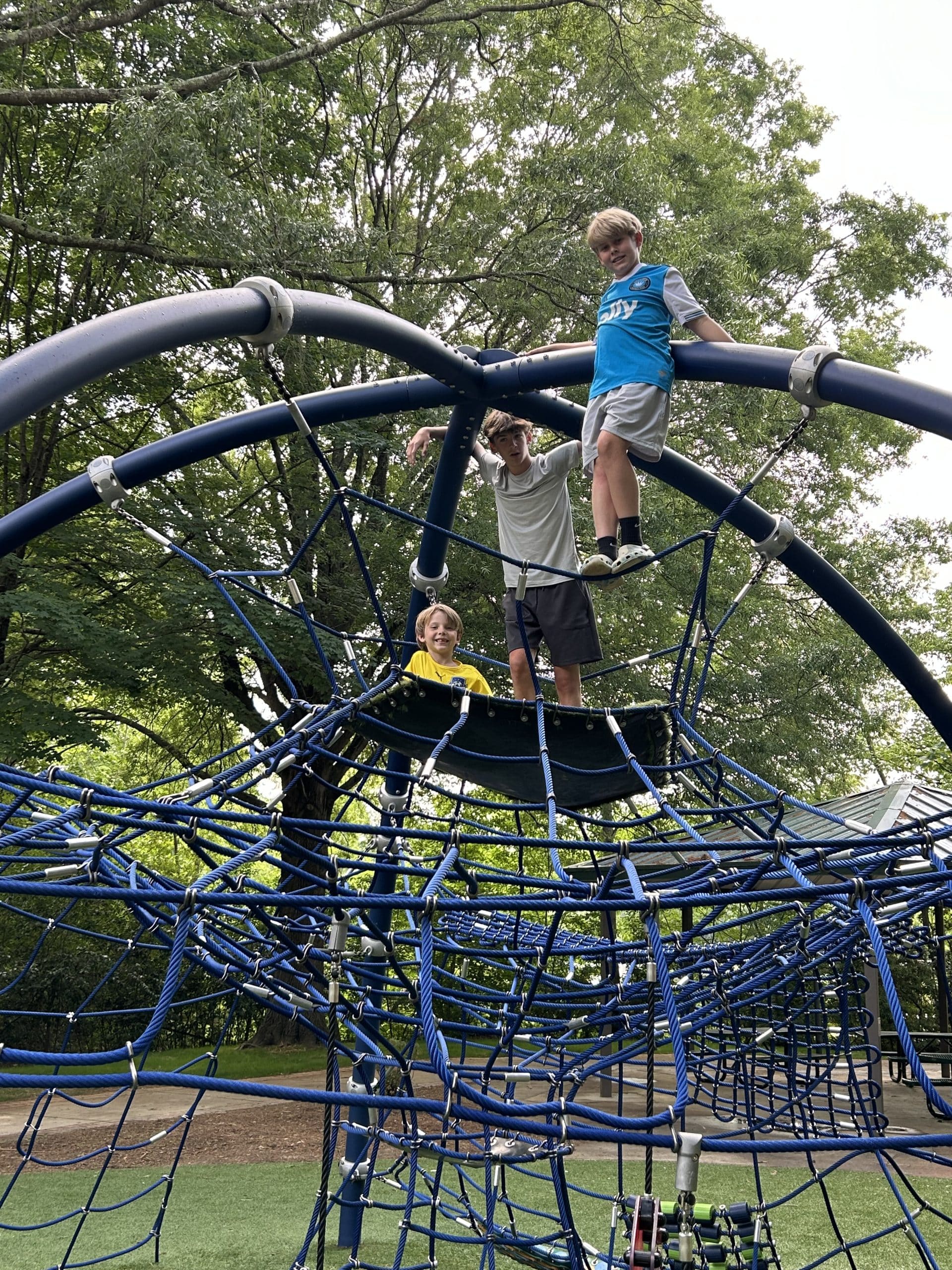Harsh discipline measures have lasting effects on children. However, the effects include the creation of angry and irritable children. It can even create depression in children. As a result, it does not change behavior.

In fact, one type of harsh discipline such as corporal punishment is linked to mental health outcomes in children.
More parents and teachers think strict discipline creates better behaved children. Studies on discipline indicate authoritarian style discipline produces children with low self-esteem. In fact, strict discipline measures create behavior problems rather than eliminate them.
What Harsh Discipline Does
As parents and teachers use harsh verbal discipline to control behavior, children experience emotional pain. Abusive discipline includes yelling or shouting at a child. Some parents and teachers resort from physical discipline to verbal. However, many parents use more severe verbal measures by swearing, cursing, and name calling. Once again, this proves ineffective.
• A person who is strict robs the child of the development of self-discipline. Children do not learn to take on their own responsibility for a behavior.
• A person that dictates limits empathy in a child. Fear is the bases of this type of discipline. This method teaches children to bully others.
• Children that must be correct and do the right thing all the time tend to become excellent liars.
Therefore, strictness does not alter behavior. It prevents children from the development of emotional growth..
Abusive words for undesired actions in children is debatable. In as much as derogatory remarks, threats or physical slapping, manifests into antisocial behavior, aggression, hyperactivity and delinquency. However, research also states the harsh use of parental discipline does not always result in antisocial children. On the contrary, harsh discipline is moderated by the child’s feelings of being loved by mom.
Positive discipline rather than harsh measures give children a chance to grow emotionally. Adults must model good actions, set limits, give consequences, redirect unwanted behavior, complement good actions and most of all, listen to the explanations of a child’s actions. This helps to learn the reason for the child’s thoughts behind the behavior.



